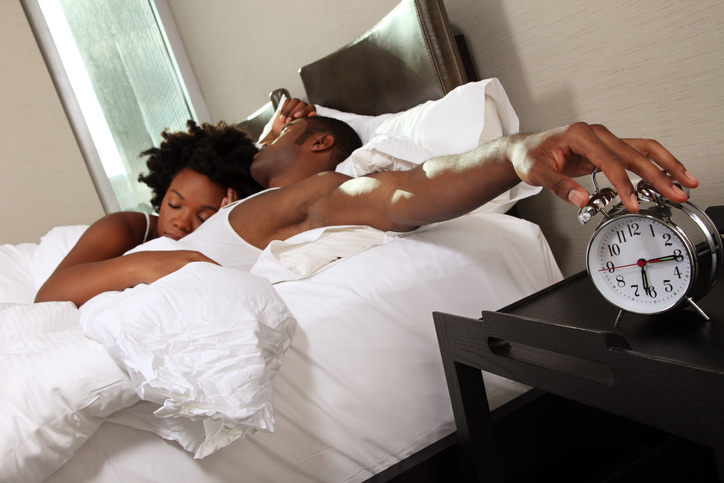Close
daylight saving time
On Nov. 2, clocks fall back one hour for Daylight Saving Time, offering extra sleep but bringing shorter days and darker evenings that can affect your health and relationships.
Daylight saving time will occur during the first week of November, signaling shorter days and longer nights for all but two states across the United States. Daylight saving time also typically clashes with those who suffer from seasonal affective disorder (SAD) and we explain how the two are often connected.
Intense exercise near bedtime makes it difficult for your endorphin levels and core body temperature to drop


